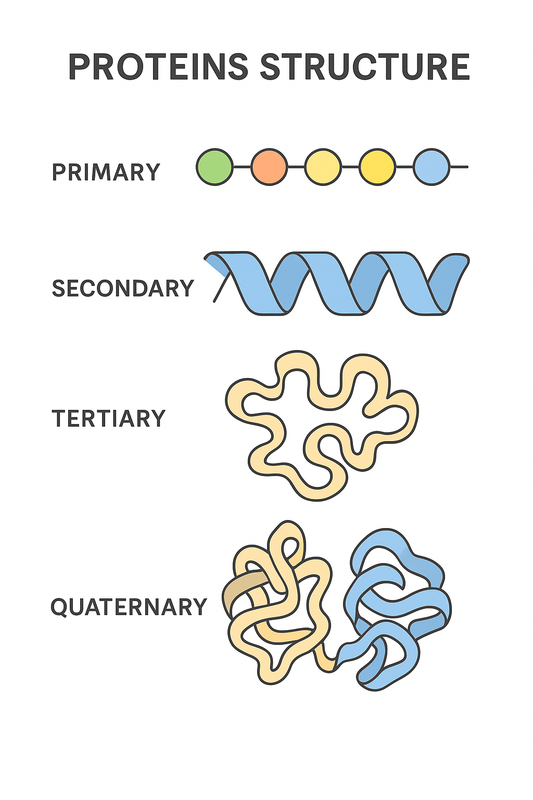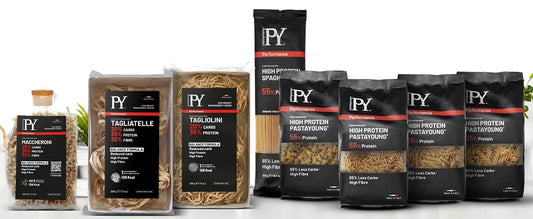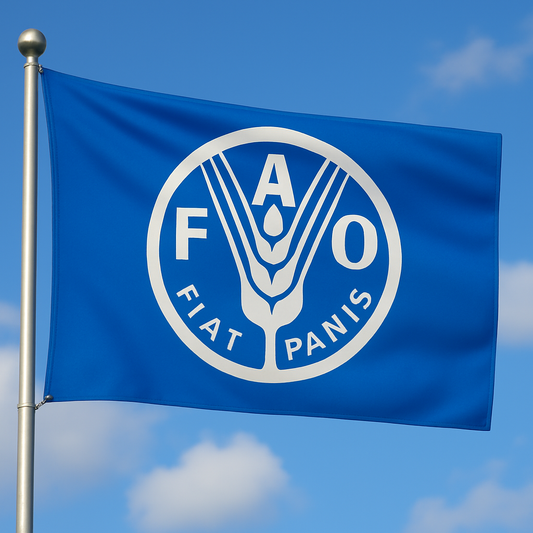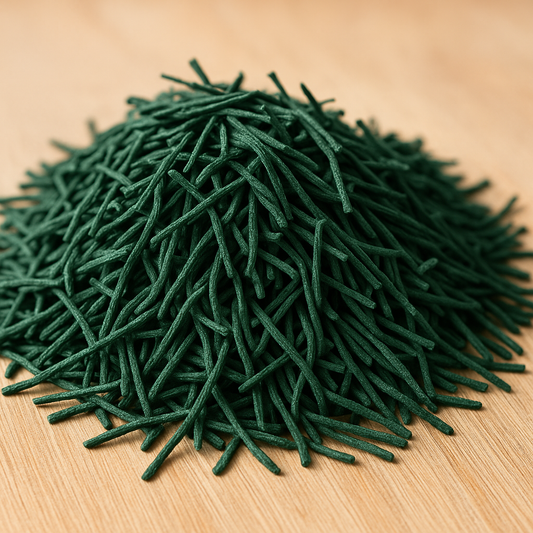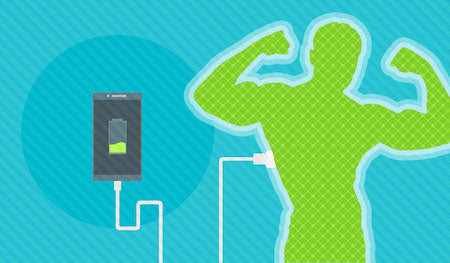
The lipids
Share
Lipids (or fats) are a family of molecules made of carbon and hydrogen.
The lipid molecules chains can be straight or zigzag. Linear-chain fats are called saturated, non-linear chains are called unsaturated.
Saturated fats compact more easily and are therefore more difficult to manage by our body. Unsaturated fats, however, are disposed in a disordered way and our body can handle them more easily, avoiding accumulation. This is basically why unsaturated fats are less harmful.
Lipids are an essential constituent of our body. They are the key element of cellular membranes (phospholipids), but above all they are the most important energy reserve for the metabolism. By the same weight, lipids provide a double amount of calories compared to sugars and proteins: once the stock of available sugars is over, our body uses lipids and amino acids for energy production.

Fats are stored in particular cells called adipocytes. Along with good fats, adipocytes also store all the liposoluble substances: drugs, toxins and other contaminants. A sudden depletion of adipocytes, like during a drastic diet, also releases these substances.
An excess of lipids inflates the adipocytes to such a point that these press the small blood vessels in the adipose tissue, resulting in cellular metabolism abnormalities. This cellular suffering leads to inflammation of the fatty tissue, a phenomenon known as cellulitis.
Among the most well-known lipids is cholesterol, whose accumulation in the arteries can cause serious phenomena such as atherosclerosis. Proper nutrition and sports activities are the best way to prevent them.

